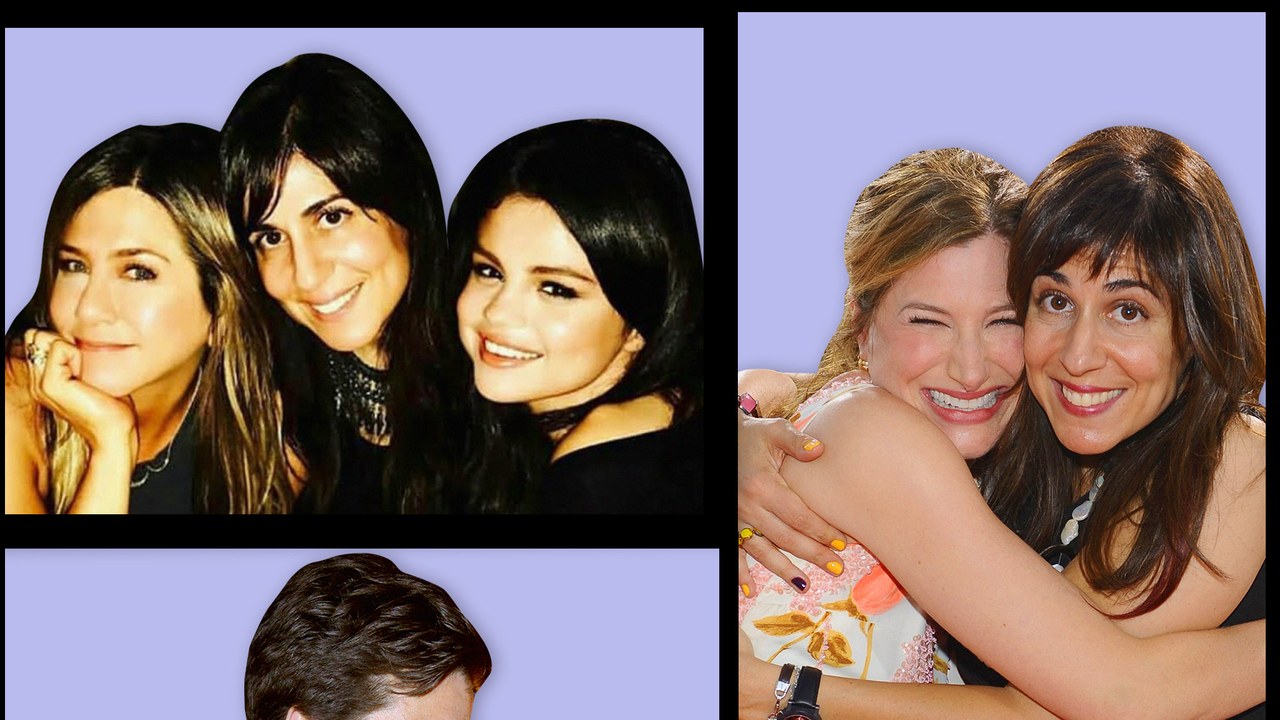Jennifer Aniston Is About to Make Her Return to TV. Meet the Woman Who Made It Happen

Given her line of work, Keshishian is as gracious as she is discreet. Still, in an interview with Glamour, she was game to share hard-won lessons about work, great bosses, big failures, and the ever-elusive “balance” that women are still urged to seek even in one of the most relentless industries on the planet.
You don’t have to know what you want to be when you grow up.
I grew up in Manchester, New Hampshire, and started acting at a children’s theater. (Adam Sandler was in it with me; we still joke about it now.) Then I directed plays in high school and college, and worked as an intern for a casting director in New York City. While I was there, my boss told me Juliet Taylor is the best casting director in the business. So when I got out of college I applied to be her intern and eventually became her casting assistant. I cast a couple of films—for Lisa Cholodenko, Tamara Jenkins—tiny movies (I found old papers where it showed I was paid $250 to cast one). At that point I was thinking, I’m going to be a casting director. But then there was an incident that convinced me I should be a talent agent instead: A 12-year-old Claire Danes auditioned for the lead role in a Pamela Jenkins’ film. After three or four call backs, she didn’t get the part. She was so good, and I found myself really devastated. She cried when we gave her the bad news, and my heart just went out to her and I thought, I want to be an advocate for talent.
It’s very difficult to know what your passion is when you’re 15, 25, and what you are passionate about changes as you get older. Rather than having to know what you’re going to do for the rest of your life, it’s much easier to say, What do I want to try? What do I want to see if I’m good at it, see if I want to spend time working really hard at? You don’t really need to know where you’ll end up. You just have to follow your passion at that time.
Know what your bigger mission is.
When I told Juliet Taylor, “I think maybe I should become an agent or try to be an agent,” she said the hours were really intense. (This was back in the 90s; we didn’t have cell phones.) I said, “I am ready to do that.” And then Sam Cohn, the owner of ICM, the biggest agency in New York City at the time, called Juliet and said he was looking for an agent. I went in for the interview thinking I’d be his assistant. I was all prepared to say, “In six months I want to be promoted.” Instead, at the end of the two-hour interview, he said, “OK you’re an agent.” I told him, “But I don’t really know what you guys do day-to-day.” And he said, “Listen, your job is to take one artist and introduce them to another artist and help to create art. That’s your job.” That always stuck with me as an incredibly noble assignment.
There’s no shame in bringing in back-up when you need it.
On my second day as an agent I got a call from a casting director for The Professional. He said, “We’re doing screen tests with a bunch of girls and there’s a young girl that has no agent, will you meet her?” She was also going to meet a very reputable agent at William Morris. There was no comparison between me, who had no clients, and this other agent, who was very established. But we met with her and her parents first, and I brought Sam to the meeting with me. They canceled the meeting with the other agent and she became my client. That was Natalie Portman, and we worked together for 15 years.
